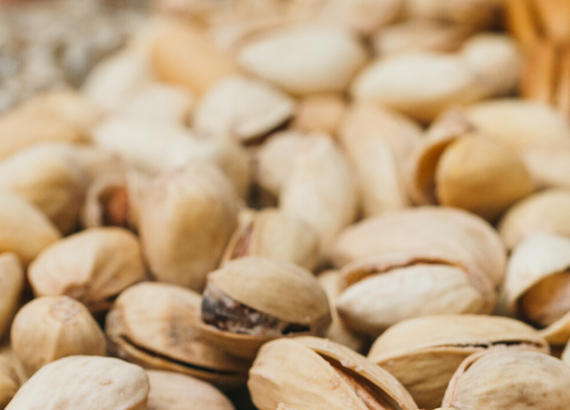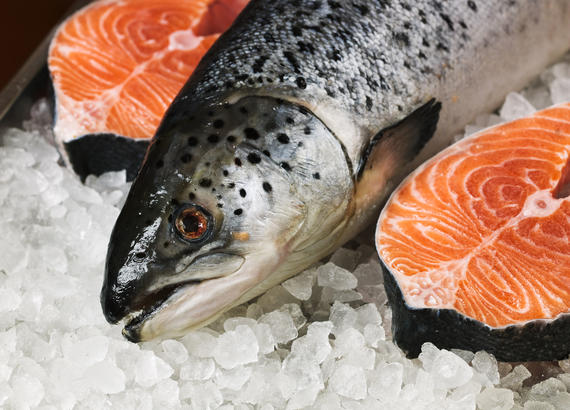Food Allergy Essentials
Although nearly any food can trigger an allergic reaction, there are nine foods that cause the majority of reactions.

Milk
Allergy to cow’s milk is the most common food allergy in infants and young children. About 2.5 percent of children under age 3 are allergic to milk, and most of these children develop milk allergy in their first year of life.

Egg
Egg allergy is among the most common food allergies in children, but most children who are allergic to egg eventually outgrow their allergy. Most allergenic egg proteins are found in the the egg white, but inviduals with egg allergy should avoid both egg whites and egg yolks.

Peanut
Peanut allergy is one of the most common food allergies. Peanuts are not the same as tree nuts (almonds, cashews, walnuts, etc.), which grow on trees. Peanuts grow underground and are part of a different plant family, the legumes. Other examples of legumes include beans, peas, lentils and soybeans. Being allergic to peanuts does not mean you have a greater chance of being allergic to another legume.

Soy
Soybean allergy is one of the more common food allergies, especially in babies and children. Soybeans are a member of the legume family. Beans, peas, lentils and peanuts are also legumes. Being allergic to soy does not mean you have a greater chance of being allergic to another legume, including peanut.

Wheat
Wheat allergy is most common in children and is usually outgrown before adulthood. Two-thirds of children with a wheat allergy outgrow it by age 12. An allergy to wheat is not the same as celiac disease.

Tree Nut
Tree nut allergy is one of the most common food allergies in children and adults. Tree nuts include, but are not limited to, walnut, almond, hazelnut, cashew, pistachio and Brazil nuts. They are not the same as peanuts, which are legumes, or seeds, such as sunflower or sesame.

Shellfish
Shellfish is one of the more common food allergies. This allergy usually is lifelong. About 60 percent of people with shellfish allergy experience their first allergic reaction as adults. There are two groups of shellfish: crustacea (such as shrimp, crab and lobster) and mollusks (such as clams, mussels, oysters and scallops). Crustacea cause most shellfish reactions, and these tend to be severe. Finned fish and shellfish are not related. Being allergic to one does not always mean that you must avoid both.

Fish
Finned fish is one of the most common food allergies. This allergy usually is lifelong. About 40 percent of people with fish allergy experience their first allergic reaction as adults. Salmon, tuna and halibut are the most common types of fish people are allergic to. Finned fish and shellfish are not related. Being allergic to one does not always mean that you must avoid both.

Sesame
Sesame is a flowering plant that produces edible seeds. It is a common ingredient in cuisines around the world, from baked goods to sushi. Several reports suggest this allergy has increased significantly worldwide over the past two decades. On January 1, 2023, sesame became the ninth major allergen that must be labeled in plain language on packaged foods in the U.S. Products manufactured prior to 2023 may still contain unlabeled sesame and will remain on store shelves until replaced by new inventory.
Other Food Allergens
A person can be allergic to virtually any food. Learn more about less common allergens.
Learn More
Tips for Avoiding Your Allergen
These tips for avoiding allergens will help you uncover places that top-9 allergens are hiding, so they won’t end up in your shopping cart.


